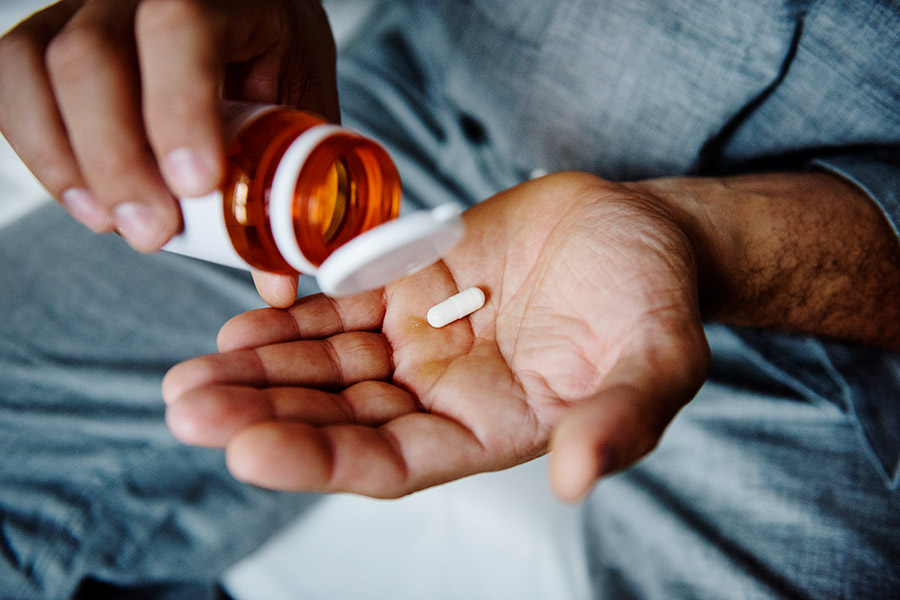Our client is a company that manufactures and distributes medical devices containing natural ingredients of various plant origin. The manufacturer has classified the products as Class I according to EU and national regulations.
The National Institute of Pharmacy and Nutrition (OGYÉI) initiated a market surveillance control procedure against our client, as a result of which it established that the ingredients of the medical devices were herbal medicinal products, therefore the manufacturer classified the devices incorrectly and thus OGYÉI prohibited the marketing of the products.
Our client appealed against the OGYÉI decision before the Administrative and Labor Court, which resulted in the court finding that the OGYÉI decision was unlawful, inter alia, because OGYÉI wrongly concluded that the products were incorrectly classified on the basis that the ingredients were herbal medicinal products, a conclusion reached by OGYÉI on the basis of non-legislative monographs and professional materials.
As a result of the above, the court established that in order for a substance to be marketed as a medicinal product, it is not sufficient for it to comply with the term “medicinal product”, since the definition is so broad that even water complies with the first phrase of the concept, since it is common knowledge that water deficiency is not only a threat to health but also to life. Therefore the compliance of a substance with the definition of medicinal product cannot be the basis for its classification as a medicinal product, since it is well-known, even for a layman without expertise, that the marketing of a substance as a medicinal product is subject to the condition that – even in the case of compliance with the definition of medicinal product – the designated authority, after having examined whether the legal conditions are met, authorizes the marketing of the substance as a medicinal product as the outcome of the authorization procedure provided for by the Act on Medicinal Products. The same can be said for herbal medicinal products, but here the legislator has provided for a simplified authorization procedure.
Thus, in order for an ingredient to be classified as an herbal medicinal product, it is necessary to first examine in a separate procedure whether an ingredient can be classified as an herbal medicinal product and to conduct the legal and pharmaceutical examination that is a prerequisite for this; however, herbs present as ingredients in products cannot be classified as herbal medicinal products on the basis of documents that are not legally binding.

